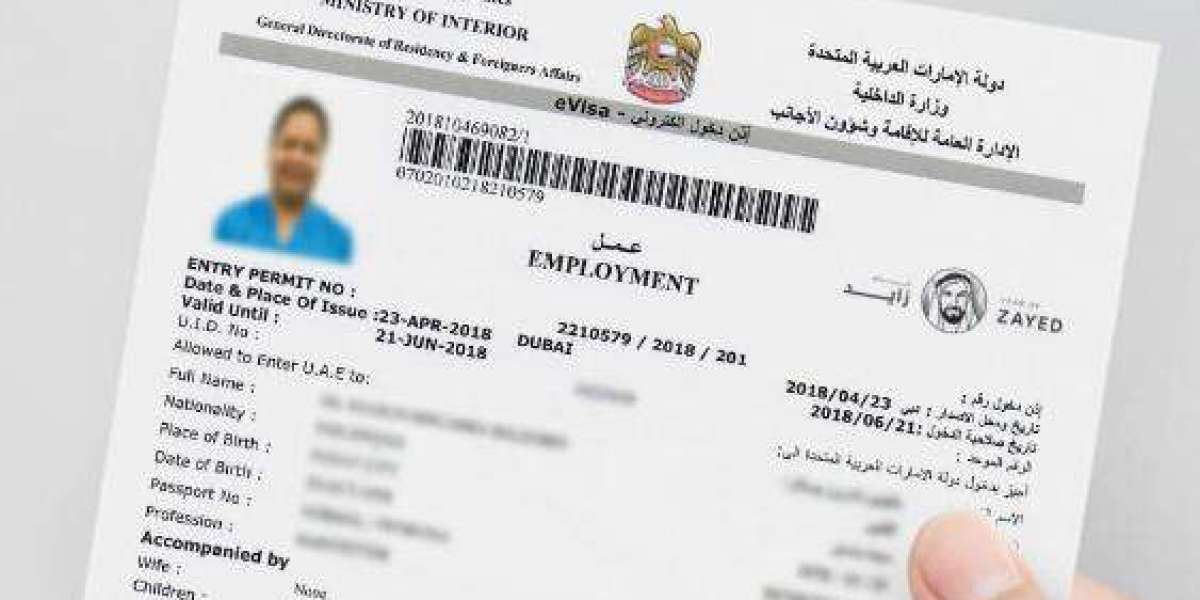Dubai families rely on nannies to balance work and childcare with their support. However, nannies face legal challenges that make their jobs difficult. Both nannies and the families hiring them deal with issues like visa restrictions, unclear contracts, and limited legal protections during employment. This blog explores the legal barriers nannies encounter in Dubai, highlights challenges in nanny service operations, and discusses the responsibilities of full-time nannies in the city.
Visa and Sponsorship Challenges for Nanny Service Dubai
The legal challenges for nannies in Dubai are the visa and sponsorship procedures. To work legally in UAE, a nanny must be sponsored by either their employer or an agency. This means hiring a nanny in Dubai is responsible for obtaining a visa. The payment arrangement sets potential dangers for Nannies. The lack of documented evidence from their employers exposes nannies to possible deportation. The employment of an undocumented nanny stands in violation of UAE laws which leaves these workers exposed to mistreatment. Due to their illegality in workplace employment status nannies typically choose to keep work-related problems to themselves. Under the UAE's strict system nannies struggle to look for different employment because they must secure permission from their current sponsor while facing possible indefinite employment limitations. Only certain nationalities, like those from the Philippines, India, or Ethiopia, can be sponsored as domestic workers, which restricts opportunities for others. Families using a nanny service in Dubai must also meet income requirements, such as earning at least AED 25,000 monthly, to sponsor a nanny. These rules aim to protect workers but can create barriers for both nannies and families, making legal employment a challenge.
Contract and Rights Issues for a Full-Time Nanny in Dubai
Dubai full-time nannies encounter issues because their employment statements remain ambiguous and their protections are restricted. Under UAE law nannies must receive employment contracts that should specify payment rates and work schedules as well as outline their correct advantages including weekly rest periods and annual leave of thirty days. Some employers fail to give appropriate employment contracts which exposes their nannies to the risk of working excessive hours without fair treatment. Non-agreed household tasks alongside unmarked childcare obligations lead to work complications for nannies throughout their shifts. Due to standard industry practice nannies living with Dubai families normally must extend their work hours because this experience is common for their profession. Nannies struggle to discover minimal assistance regarding their workplace situations. UAE has difficulty in executing legal frameworks that safeguard domestic worker rights. Most nannies keep workplace problems secret because they lack awareness about their rights together with uncertainties about their employment stability and visa status. Nannies need to overcome complicated yet standard procedures including contacting their employer's government offices as well as their embassy to seek help for abuse. Both UAE laws and rights exist to protect nannies yet they battle to receive much-needed support services available to them.
Moving Toward Fairer Solutions
Dubai nannies require improved supportive networks because they encounter various legal obstacles at work. Dubai nanny services together with full time caregivers need concrete employment contracts along with sponsorship regulations to maintain their employment rights. A better understanding of UAE labour laws by both employers and nannies leads to decreased confusion. The process of informing nannies about their workplace rights together with easy-to-use reporting mechanisms would result in major improvements. New domestic worker protections exist in the UAE yet further measures must be taken to make sure these laws receive proper enforcement. The essential caregiving system of Dubai families through nannies requires them to resolve the legal matters involved in this crucial support system. The conditions for nannies can become fairer by addressing visa matters as well as reinforcing contracts and raising awareness throughout Dubai.

